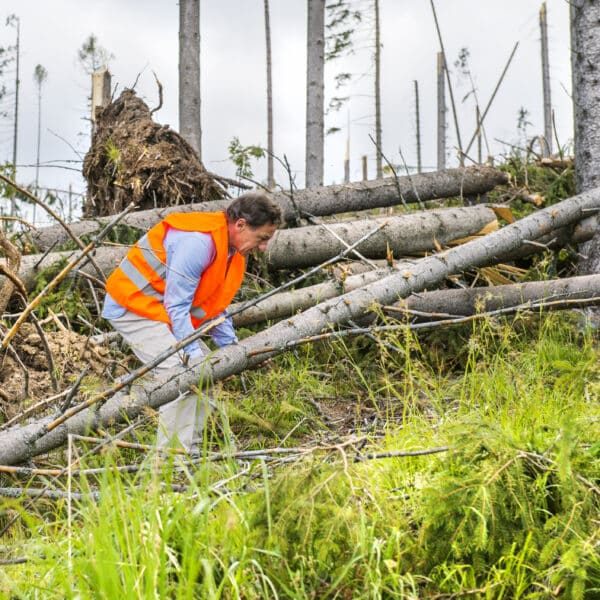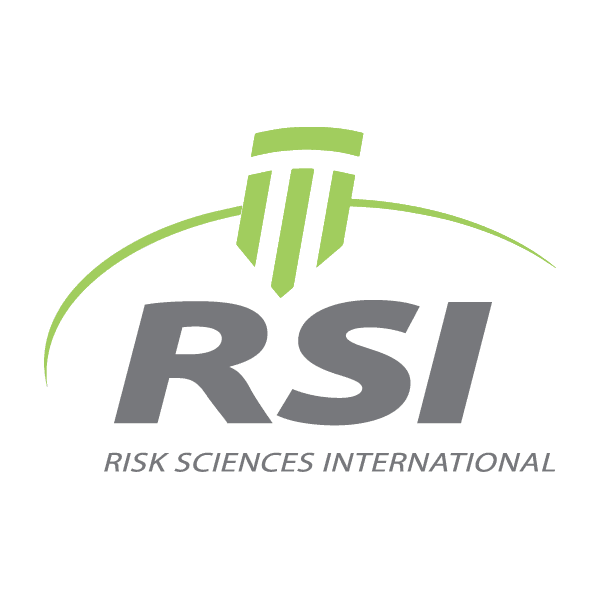Plant protection is essential for safeguarding global food security, biodiversity, and economic stability. Crops face threats from pests, diseases, weeds, and invasive species, all of which can reduce yields, disrupt supply chains, and increase reliance on pesticides. Climate change compounds these risks by shifting pest ranges and intensifying outbreaks, while global trade accelerates the spread of harmful species.
The complexity of plant protection arises from the need to balance productivity with sustainability. Farmers require tools to manage pests effectively, regulators must set standards that protect both crops and ecosystems, and consumers expect safe, affordable food. Overreliance on chemical pesticides raises concerns about resistance, environmental contamination, and human health impacts, while underinvestment in integrated pest management can leave systems vulnerable.
Risk sciences help evaluate the efficacy and trade-offs of different protection strategies. By combining epidemiological modeling, exposure assessments, and cost-benefit analysis, risk sciences inform decisions on pesticide approvals, biological control adoption, and regulatory harmonization. Effective risk communication ensures that farmers, consumers, and policymakers understand both the risks and opportunities associated with plant protection practices.
RSI is committed to advancing plant protection, bringing expertise and experience to support evidence-based strategies that strengthen resilience and sustainability.

